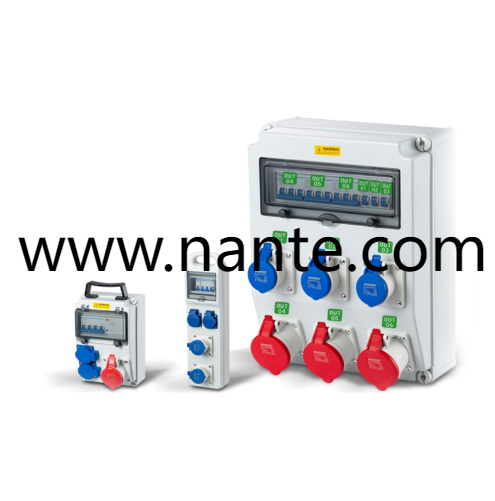Renewable Energy Transition Boosts Germany Biomass Pellets Market
Germany has established itself as one of the leading nations in renewable energy adoption, and biomass pellets have emerged as a cornerstone of this transition. Biomass pellets, which are manufactured from compressed organic matter such as sawdust, wood shavings, and agricultural residues, offer a reliable and eco-friendly alternative to fossil fuels. In Germany, the use of biomass pellets has been growing steadily over the past decade, largely fueled by the country’s ambitious climate targets and the need to diversify its energy sources. As one of the top producers and consumers of biomass pellets in Europe, Germany represents a thriving market where demand is expected to expand further in the years ahead.
The German biomass pellet industry benefits from a well-developed forestry sector that provides an abundant supply of raw materials. The country’s emphasis on sustainable forest management ensures that pellet production does not compromise ecological balance. According to recent market data, Germany consistently ranks among the top three producers of wood pellets in Europe, with production facilities distributed across the nation to meet domestic and export demand. These pellets are primarily used for residential heating, industrial power generation, and district heating systems, which remain central to the German energy landscape.
The growth of the biomass pellet market is closely tied to Germany’s Energiewende strategy, which seeks to replace fossil fuels and nuclear power with renewable alternatives. By promoting biomass pellets as a clean-burning and carbon-neutral energy source, Germany is reducing its dependency on coal and natural gas imports. The residential sector, in particular, has witnessed rising adoption of pellet stoves and boilers, supported by incentives from the government. Industrial users are also increasingly shifting toward pellet-based solutions to lower their emissions and meet sustainability goals.
Market forecasts suggest that demand for biomass pellets in Germany will continue to rise as the country pursues its 2030 and 2045 carbon neutrality objectives. The ability of pellets to deliver high energy efficiency, combined with their versatility in heating and power generation applications, positions them as a long-term contributor to the renewable energy mix. However, the industry must also address challenges such as fluctuating raw material costs, logistical constraints, and international competition in pellet exports. Despite these hurdles, Germany’s biomass pellet sector is well-positioned for robust growth, with a strong policy framework and a committed consumer base driving momentum.
As energy prices remain volatile in global markets, biomass pellets offer Germany a pathway toward affordable, sustainable, and energy-secure solutions. The ongoing expansion of production facilities, coupled with innovations in pellet technology, will further strengthen the role of biomass pellets in the country’s energy future. In conclusion, Germany’s biomass pellet market represents not just an economic opportunity but also a vital component of the nation’s renewable energy transition, underscoring its leadership in sustainable energy practices worldwide.







